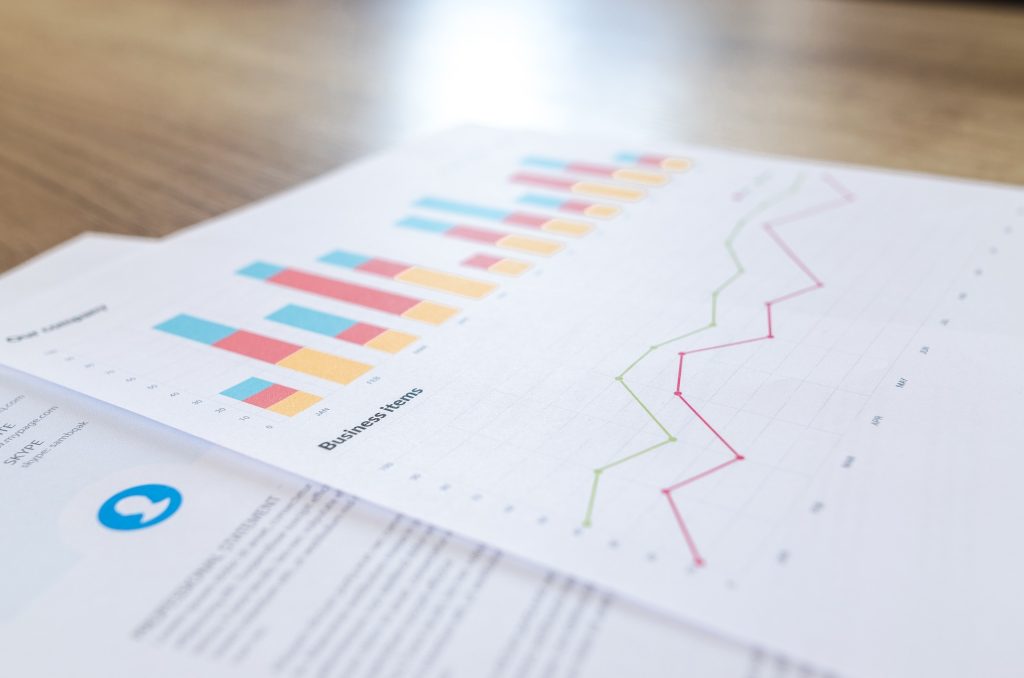-

The Intricacies of Delivery Route Planning: A Simplified Guide
Overview of Delivery Route Planning Delivery route planning is a critical component of the logistics […]
-

Maximizing Wealth: Smart Strategies for Long-Term Financial Growth
Just as Rome wasn’t built in a day, wealth isn’t accumulated overnight. It requires a […]
-

Navigating Market Volatility: Tips for Savvy Investors
Market volatility can evoke a sense of unease in even the most seasoned investors. But, […]

Experienced Financial Advisors
Empowering Wealth Journeys with
Wealth Kingdom
Discover the difference personalized financial planning can make. Our team of seasoned professionals is dedicated to optimizing, growing, and safeguarding your wealth.

10 +
Years
Experience
WEALTH NAVIGATION
We Help You Master Your Financial Journey
At Wealth Kingdom, we take pride in empowering individuals and businesses to assume control of their financial destiny, fostering wealth growth and security.
- Personalized Financial Planning
- Investment Advice & Wealth Management
OUR EXPERTISE
Guiding Every Step of Your
Financial Journey…

Personalized Financial Planning
We translate your financial aspirations into a strategic action plan, tailored to your unique situation and goals.

Investment Advisory
Leveraging market insights and experience, we guide you on growing your wealth through intelligent investments.

Wealth Management
From asset allocation to wealth protection, our experts ensure your wealth growth aligns with your financial vision.

Financial Education
We illuminate your financial path with a wealth of resources, workshops, and invaluable insights.
How Can We Empower Your Wealth Journey?
Why Choose Us ?

Financial Planning
Our financial experts, offering CV professional writing services craft a custom roadmap based on your financial aspirations that will navigate you towards your unique goals. No financial jargon involved.

Investment Advisory
We equip you with strategic investment advice, guiding your wealth growth with smart, data-backed recommendations. Your wealth growth dream becomes our pursuit; no investment mystery is too complex.

Corporate Financials
Our holistic financial plans cater to businesses at every stage – from startups to established corporations. With our expertise, the financial stability and prosperity of your company is within your grasp.

Achieve Financial Prosperity
Simple & Personalized Steps Toward Wealth Growth

“Wealth Kingdom is your key to financial freedom, we offer a comprehensive suite of wealth management solutions, designed to provide absolute control over your financial future.”
John J. Kingsley
CEO / Founder
How Can I Empower Your Wealth Journey?
Our mission is to elevate financial literacy.
Utilizing a personalized approach to wealth management and financial planning, we’re committed to helping you build the financial future you always dreamed of!
News